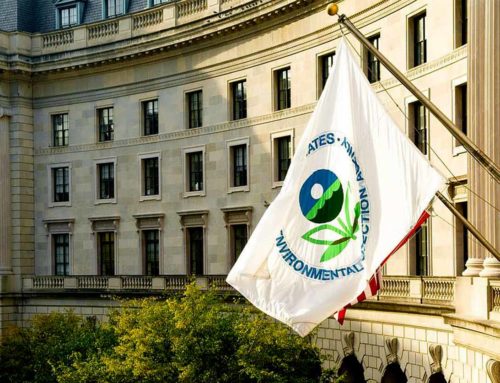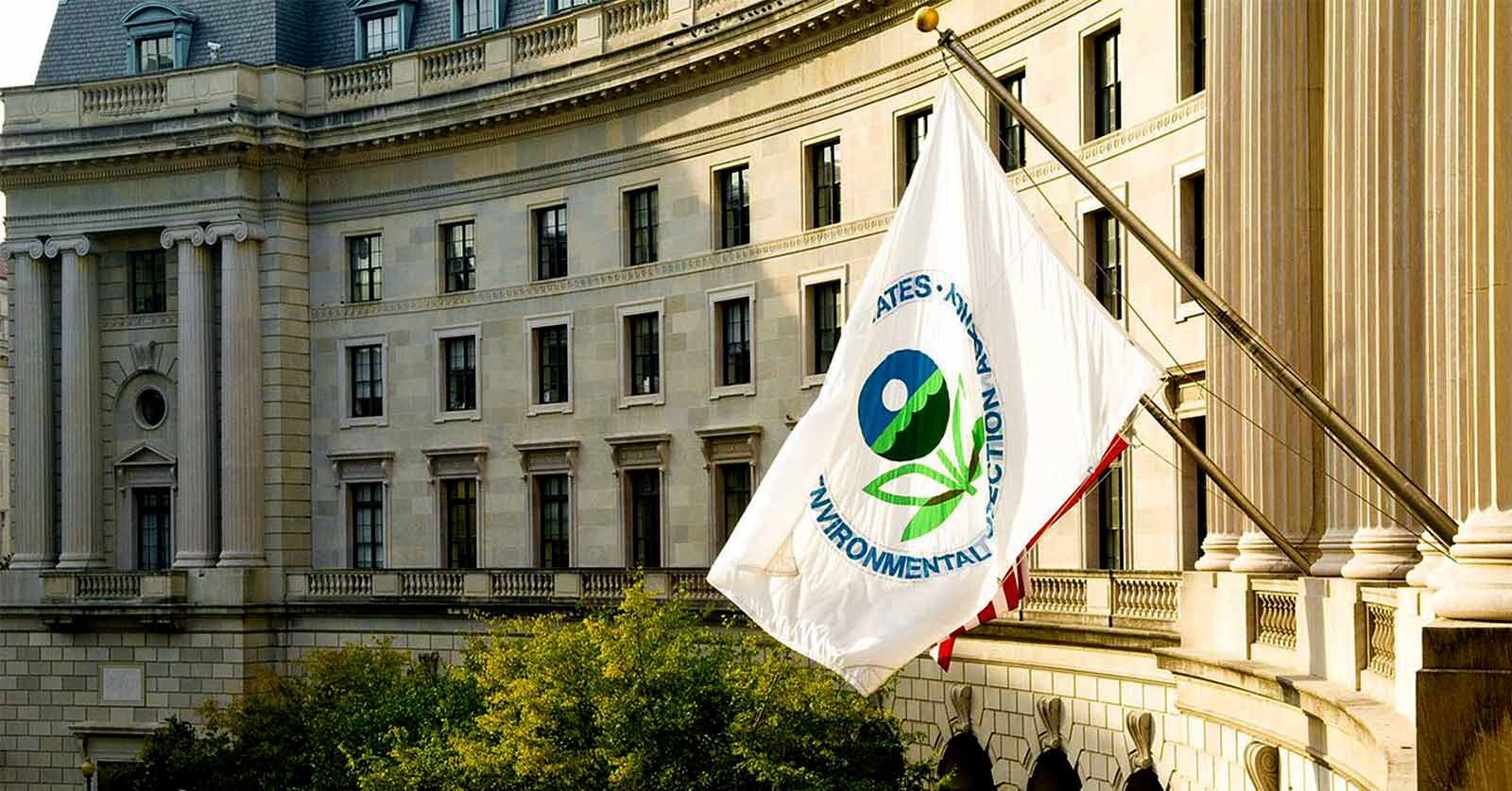The Tongass National Forest stretches across 16.7 million acres in Southeastern Alaska, an area roughly the size of West Virginia. The forest is known for its amazing wild salmon, majestic views, and its rare and beautiful old growth trees. Unfortunately, the Tongass is also known – at least among fiscal watchdogs – for its money-losing timber sales.
For decades, the United States Forest Service has operated a timber sales program in the Tongass that has generated huge net losses for the agency. You read that right. The costs incurred by the Forest Service to administer its timber sales program have far surpassed receipts generated from the resulting sales. The logging companies that harvest from the Tongass benefit from a broken process that guarantees them profits from timber sales at the expense of taxpayers.
Last month we released an analysis, Cutting Our Losses: Twenty Years of Money-Losing Timber Sales in the Tongass, examining two decades of timber sales and their fiscal return for federal taxpayers. In total, we found that federal taxpayers have lost $600 million since 1999.
Using the Forest Service’s own budget data, we found that money generated from timber sales has covered just five percent of the $632 million in Forest Service costs. This means taxpayers have spent roughly $30 million per year “selling” timber harvested in the Tongass. For comparison, the Forest Service’s total budget for the Tongass has averaged about $69 million per year since 1999.
Unfortunately, this isn’t a new problem for taxpayers. We harped about it for years, here, here, and here. An earlier wastebasket on the issue, Pain In the Tongass, won a reader vote for most popular title. This week we even testified before Congress raising the alarm about the issue.
And we’re not alone. The U.S. Government Accountability Office has criticized the Forest Service since the 1980s for preparing and conducting timber sales in the Tongass that generate less revenue than they cost.
But now the problem stands to get even worse. The Forest Service is pushing the repeal of a two-decade old rule prohibiting logging in unroaded areas of the Tongass – a move that would open many more acres of forest to logging and could dramatically increase taxpayer losses. When we first heard of this idea last fall, we raised concerns but the Forest Service continues to chug along with the costly proposal.
The Tongass National Forest already has more than 4,000 miles of roads which are almost exclusively used by the timber industry for logging purposes, and the Forest Service cannot adequately maintain these existing roads. New timber sales in roadless areas would increase the mileage of roads that must be maintained and the costs to taxpayers.
We already have clear evidence of the potential costs increases. Through a FOIA request, we got one of the Forest Service’s initial cost analyses for its Prince of Wales project, where the Forest Service considered one alternative that would have allowed the sale and harvest of timber in current roadless areas. The Forest Service found that roadbuilding in roadless areas would conservatively be more than twice as expensive.
In mid-October, they released a draft rule recommending the state of Alaska be granted a full exemption from the national Roadless Rule. Over the last few weeks, the Forest Service has been holding meetings on the proposal in Alaska and Washington, D.C. In addition to being a bad idea for taxpayers, they have overwhelmingly heard this is a bad idea for local communities that depend on those other things the Tongass is known for – salmon and pristine landscapes. Both drive a robust commercial fishing, recreation, and tourism industry.
It is clear the timber sale program is broken. It has failed taxpayers for decades. Instead of doubling down on it and jeopardizing local economies along the way, its past time for a serious analysis of the costs and benefits of timber sales in the Tongass.














Get Social